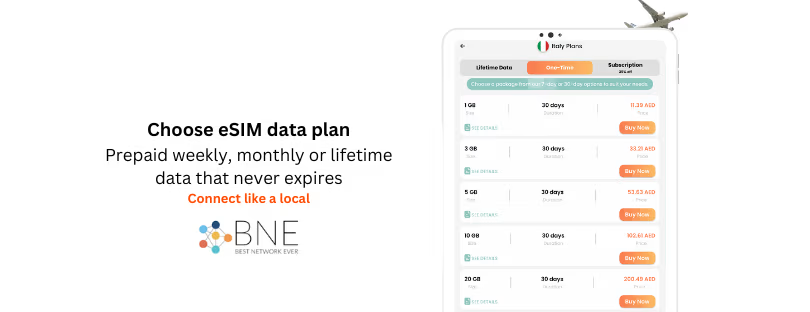
EU data roaming traffic jumps 435% in Q3 after RLAH implementation
Less significant is the increase of volumes in voice and SMS services. The report shows that the number of minutes of calls made per month per roaming customer increased from 8.8 minutes in Q3 2016 to 14.23 minutes in Q3 2017.
The first quarter after the implementation of ‘roam like at home’ charging in the EU shows the measure is a “clear success from the end-user point of view“, said Johannes Gungl, chairman of Berec, at a debriefing following Berec‘s latest plenary meeting.
“Although international roaming services demonstrate high seasonality, the results clearly indicate that the 2015 amendment of the Roaming Regulation has significantly contributed to the development of the single market”,
Gungl said.
Here’s a brief chronology of EU data roaming:
2007: The European Union (EU) introduces the first set of regulations on mobile roaming, including voice calls and SMS.
2012: The European Commission caps the price of data roaming in the European Union to €0.70 per megabyte (MB) for downloads and €0.45 per MB for uploads.
2013: The European Union introduces new regulations that reduce the price of data roaming within the EU.
2015: The EU introduces the “Roam Like at Home” principle, which allows travelers to use their domestic mobile data allowance while traveling in the European Union without incurring additional charges.
2016: The European Union proposes to eliminate roaming charges altogether, which is set to take effect on June 15, 2017.
2017: The European Union implements the “Roam Like at Home” principle, and roaming charges for voice, SMS, and data are eliminated across the European Union.
2020: The EU introduces new regulations that lower the wholesale prices of data roaming outside the EU.
Overall, the European Union has taken several steps over the years to reduce roaming charges for consumers traveling within and outside of the EU, ultimately leading to the elimination of roaming charges within the EU.










